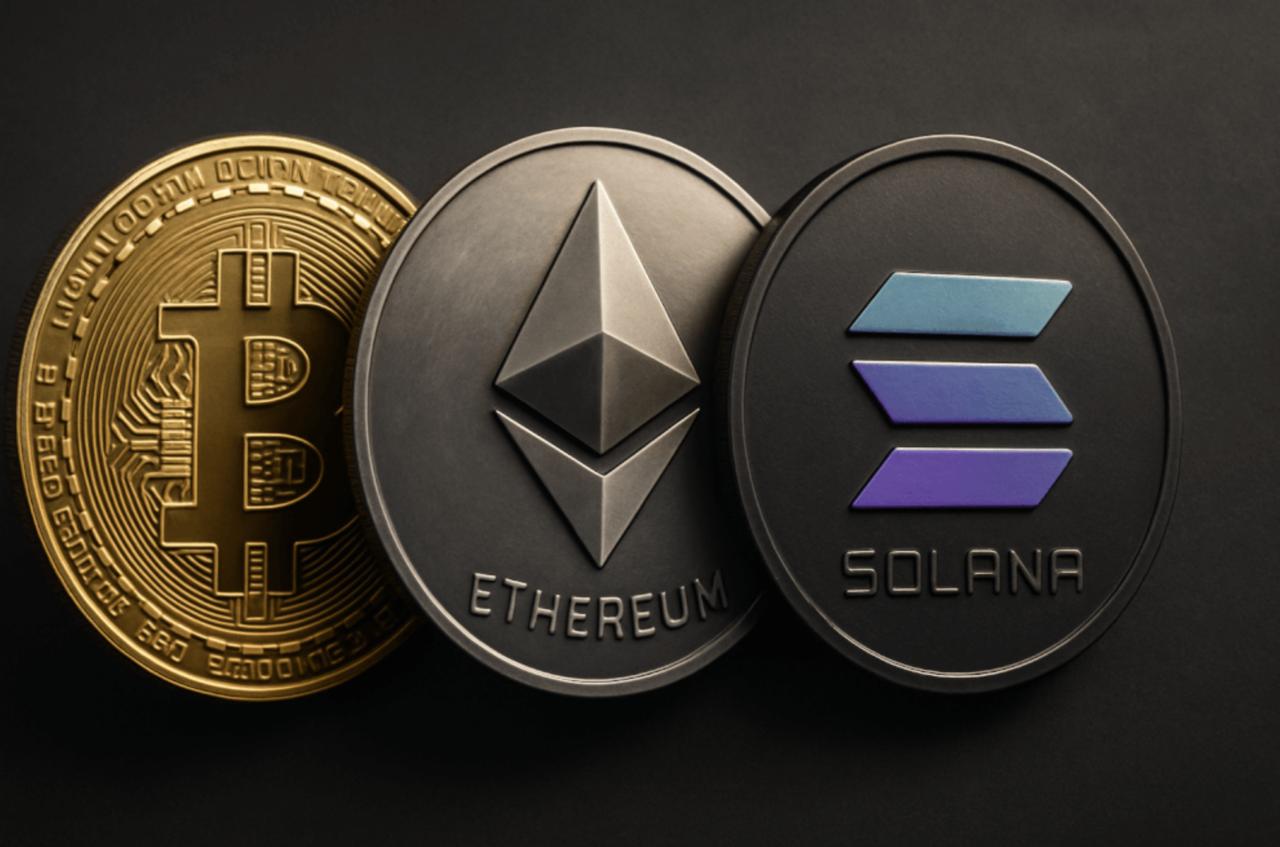The move marks the strongest indication yet that the government is preparing to engage with digital assets in a formal capacity.
High-Level Meeting in Islamabad
On June 2, the Pakistan Crypto Council (PCC) held a key meeting in Islamabad to begin outlining the regulatory approach for digital and virtual assets. The session was chaired by Finance and Revenue Minister Senator Muhammad Aurangzeb and included top officials from the State Bank of Pakistan (SBP), Securities and Exchange Commission of Pakistan (SECP), and the Ministries of Law and IT.
Objectives: Security, Innovation, and Inclusion
The primary aim of the framework is to create a secure, transparent, and innovation-friendly crypto ecosystem, while also addressing investor protection and financial inclusion. A statement from the finance division noted:
“Members of the Council provided valuable input to ensure a secure, transparent, and innovation-friendly regulatory environment, with the goal of promoting responsible blockchain adoption, safeguarding investors, and advancing financial inclusion.”
A Shift in Policy Direction
While crypto remains officially banned in Pakistan, this initiative reflects a growing recognition of blockchain’s economic potential. The move aligns with global trends, where countries are adopting risk-managed frameworks to integrate digital assets into their financial systems.
The PCC’s efforts could lay the groundwork for legalized digital asset trading and licensed crypto platforms in the near future—pending regulatory approvals.
What Comes Next?
With the initial drafting process underway, the next steps will likely involve stakeholder consultations, legal reviews, and potential public input. If adopted, Pakistan would join a growing list of nations in South Asia that are formalizing their approach to crypto regulation while balancing risk and innovation.
The post Pakistan Moves Toward Crypto Regulation Despite Ongoing Ban appeared first on Coindoo.













 Bengali (Bangladesh) ·
Bengali (Bangladesh) ·  English (United States) ·
English (United States) ·